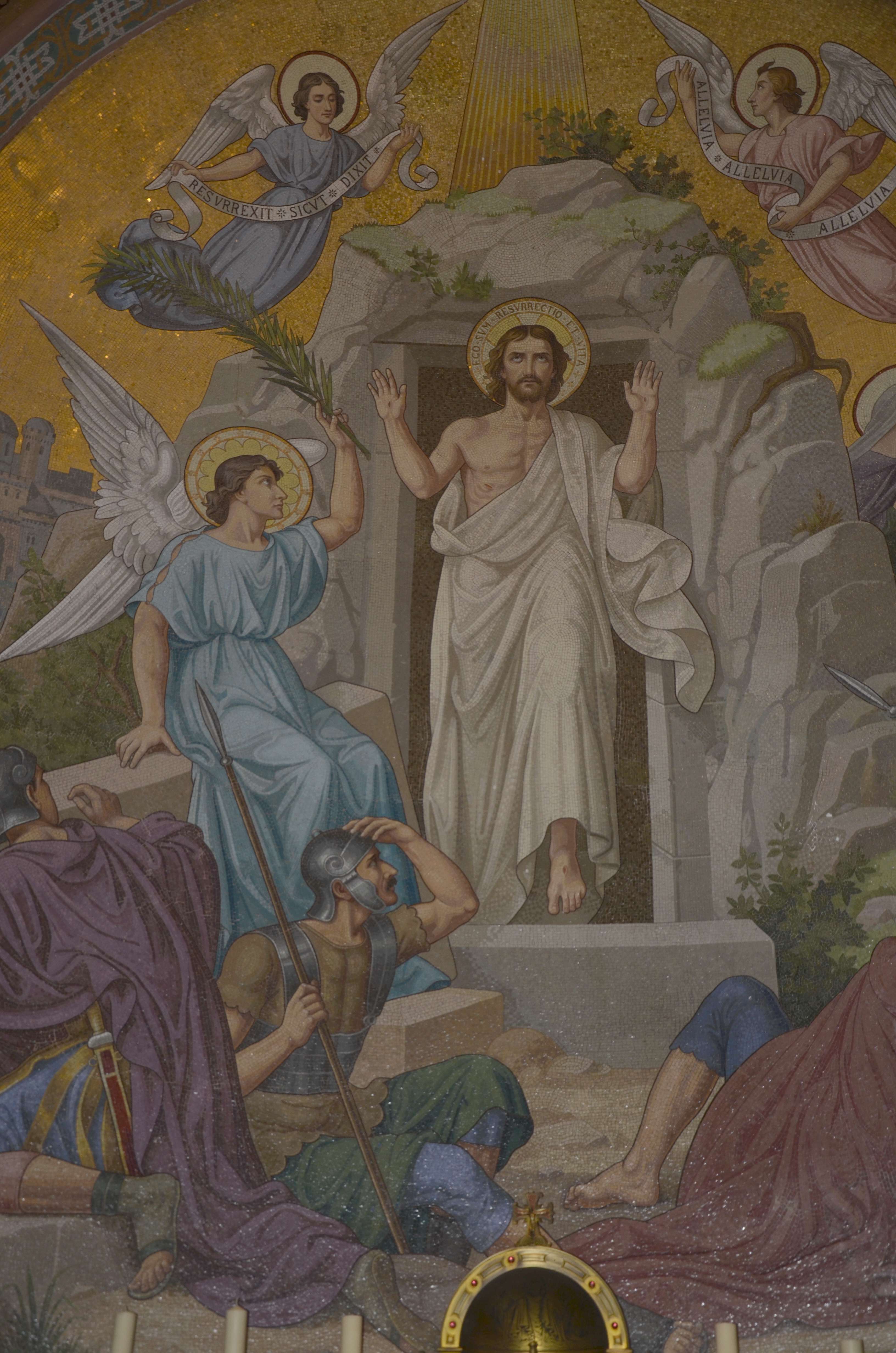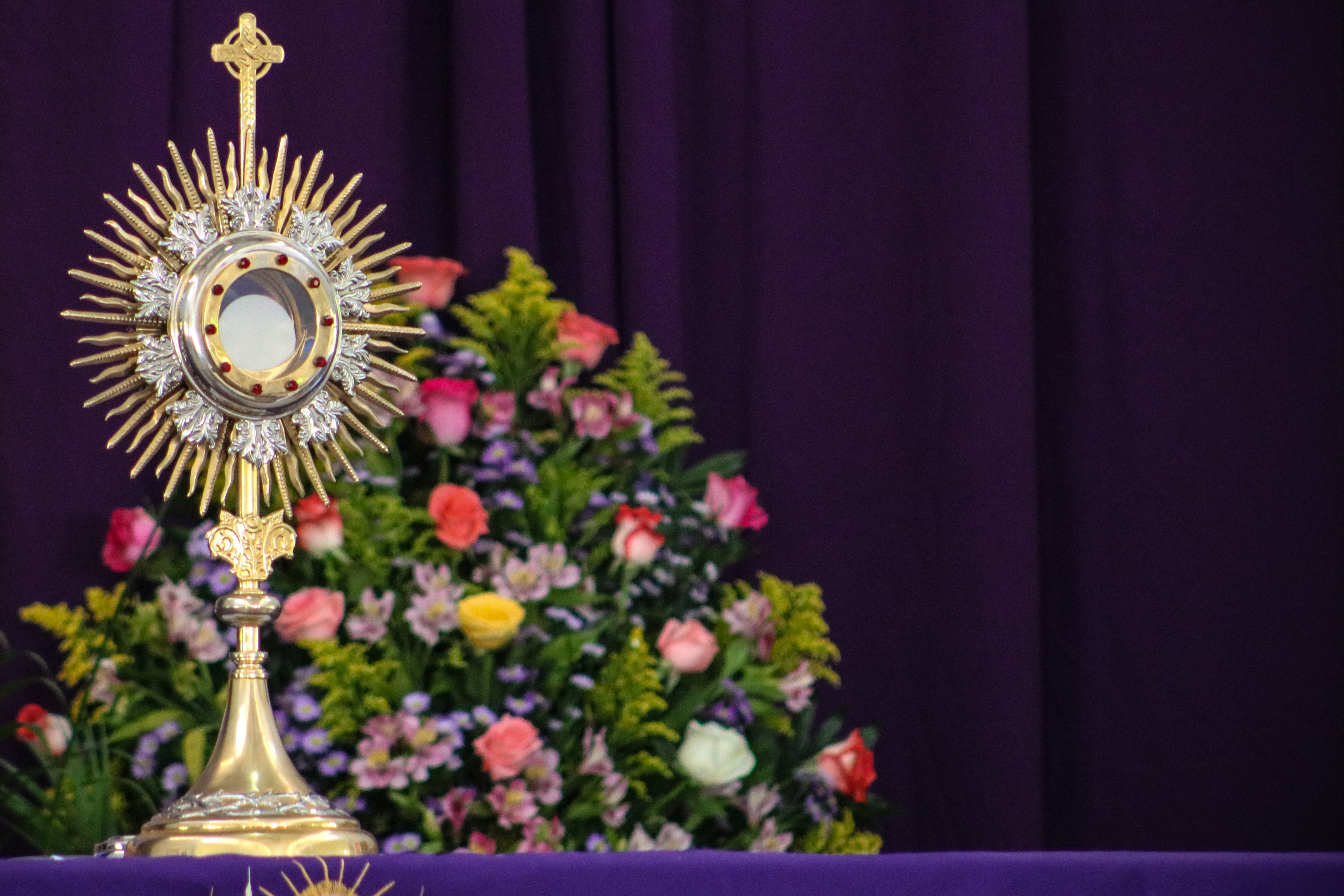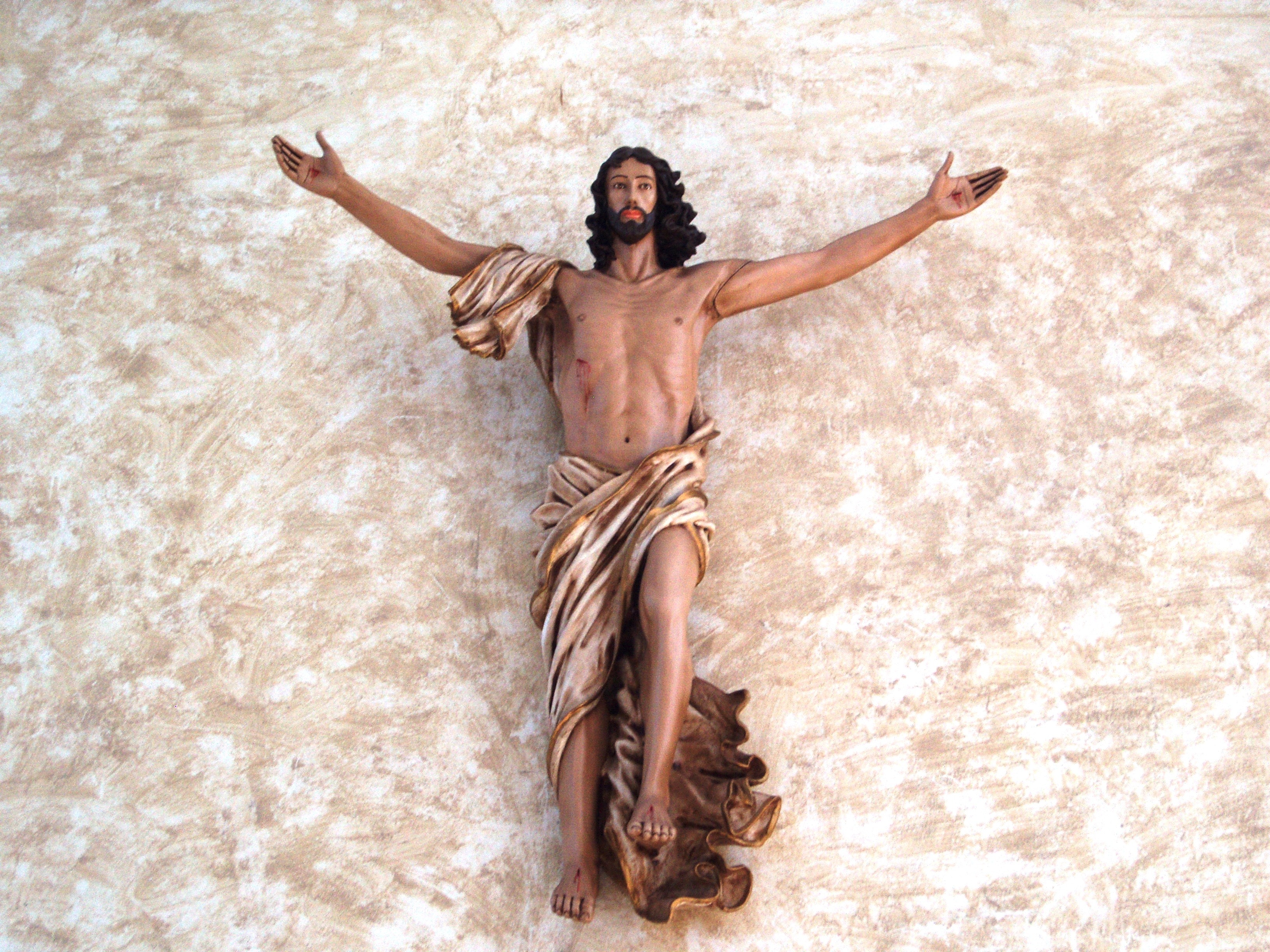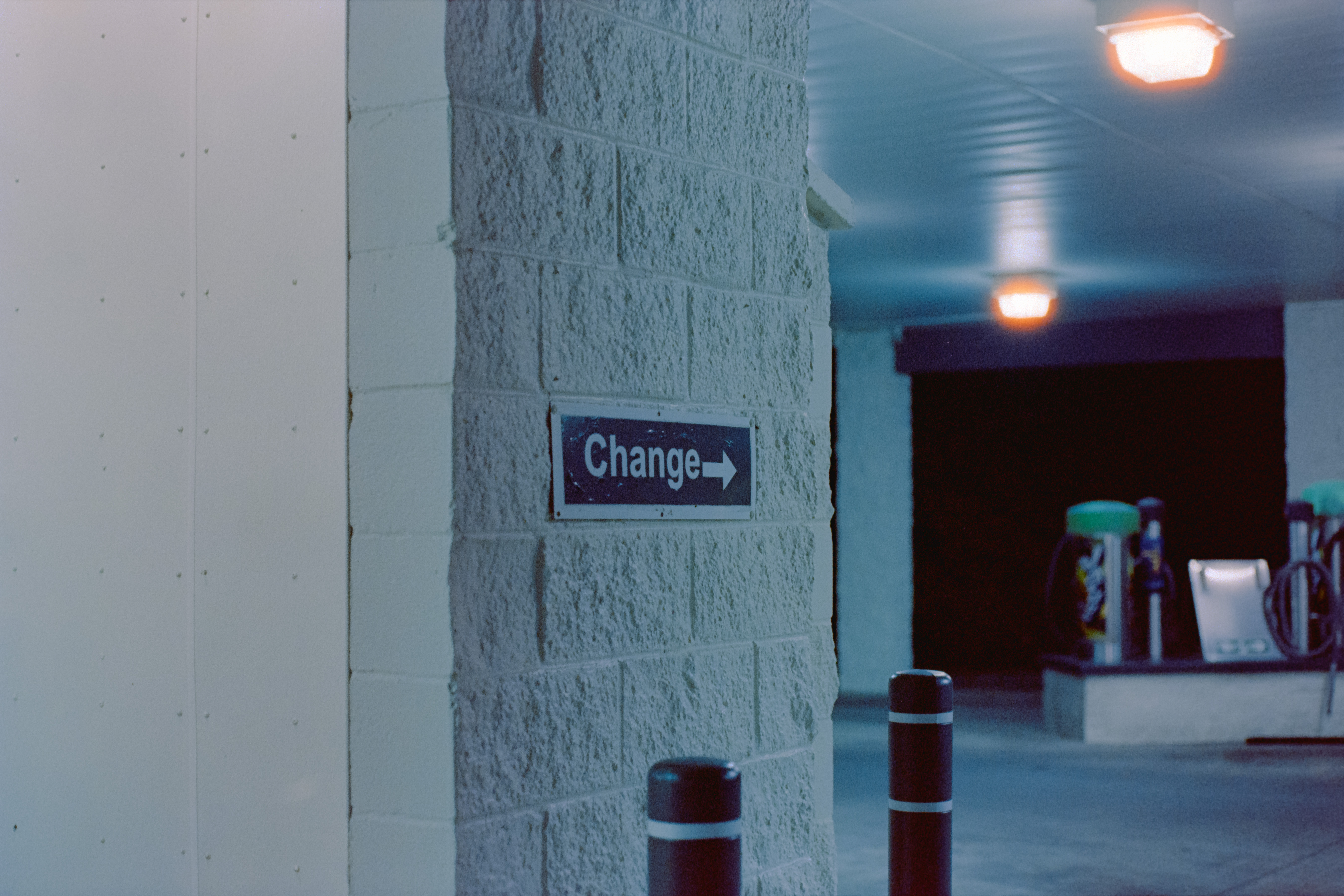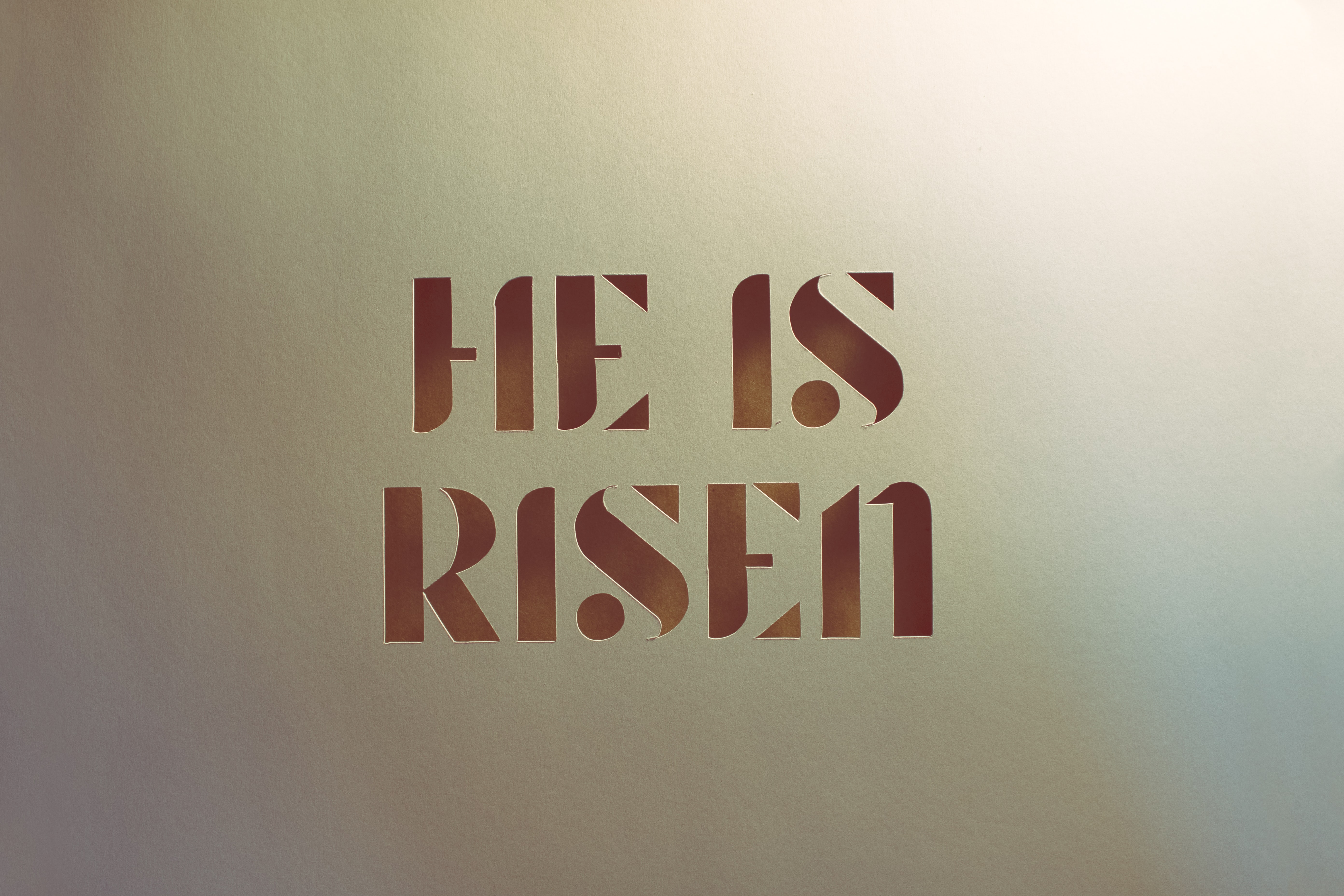“So let your heart hold back no longer. Let the city of your soul surrender–for Christ has set fire everywhere, and there is nowhere you can turn, physically or spiritually, without encountering the fire of love.” (St. Catherine of Siena)
When first looking at the readings for today, I struggled with what to write because I really didn’t see a common thread. It took awhile for me to finally realize that what the reading from Acts of the Apostles and the reading from John have in common is someone trying to rely on themselves, rather than God, and failing. In Acts of the Apostles, the Sanhedrin claim they know the will of God and they deny the preaching of the Apostles who say that Jesus is the Son of God for whom they have been waiting. It is Gamaliel who warns them that by trusting in themselves not only are they running the risk of failing in their attempts to stop the Apostles’ preaching, but they also might be actively fighting against the will of God. In John’s Gospel, we hear the story of the multiplication of loaves. When Jesus presents the question of where to get enough food to feed the crowd, Phillip’s response is, in short, “We can’t. It is impossible”. It is Andrew who humbly presents what he does have–five barley loaves and two fish–and asks Jesus what to do. Jesus, taking what has been given to Him, provides in abundance for His people.
We see the “fire of love” of which St. Catherine writes when Jesus provides for His people by feeding their physical hunger. We see it more profoundly still in His Passion, Death, and Resurrection when Jesus provides for His people by feeding their spiritual hunger for unity with Him. I think the most powerful line found in today’s readings is from Acts of the Apostles: “So they left the presence of the Sanhedrin, rejoicing that they had been found worthy to suffer dishonor for the sake of the name”. The Apostles were flogged for preaching and teaching the Good News of Christ. Yet, rather than complain or lament their suffering, they rejoice. They rejoice because it is through their own suffering that they are able to unite more fully to the suffering of Christ and His Passion. This is true understanding of the suffering and the resurrection of Christ: great sorrow followed by great joy.
May we, following the example of St. Catherine of Siena and the disciples, preach the Gospel to all peoples. May our lives bear witness to the love of Christ so that others will come to Him through us.
 Dakota currently lives in Denver, CO and teaches English Language Development and Spanish to high schoolers. She is married to the love of her life, Ralph. In her spare time, she reads, goes to breweries, and watches baseball. Dakota’s favorite saints are St. John Paul II (how could it not be?) and St. José Luis Sánchez del Río. She is passionate about her faith and considers herself blessed at any opportunity to share that faith with others. Check out more of her writing at https://dakotaleonard16.blogspot.com.
Dakota currently lives in Denver, CO and teaches English Language Development and Spanish to high schoolers. She is married to the love of her life, Ralph. In her spare time, she reads, goes to breweries, and watches baseball. Dakota’s favorite saints are St. John Paul II (how could it not be?) and St. José Luis Sánchez del Río. She is passionate about her faith and considers herself blessed at any opportunity to share that faith with others. Check out more of her writing at https://dakotaleonard16.blogspot.com.
Feature Image Credit: GDJ, https://pixabay.com/vectors/jesus-miracle-fish-bread-religion-5786111/


 Susan Ciancio has a BA in psychology and a BA in sociology from the University of Notre Dame, with an MA in liberal studies from Indiana University. For the past 17 years, she has worked as a professional editor and writer, editing both fiction and nonfiction books, magazine articles, blogs, educational lessons, professional materials and website content. Eleven of those years have been in the pro-life sector. Currently Susan freelances and writes weekly for HLI, edits for American Life League, and is the editor of Celebrate Life Magazine. She also serves as executive editor for the Culture of Life Studies Program-an educational nonprofit program for K-12 students.
Susan Ciancio has a BA in psychology and a BA in sociology from the University of Notre Dame, with an MA in liberal studies from Indiana University. For the past 17 years, she has worked as a professional editor and writer, editing both fiction and nonfiction books, magazine articles, blogs, educational lessons, professional materials and website content. Eleven of those years have been in the pro-life sector. Currently Susan freelances and writes weekly for HLI, edits for American Life League, and is the editor of Celebrate Life Magazine. She also serves as executive editor for the Culture of Life Studies Program-an educational nonprofit program for K-12 students.
 Deacon Dan Schneider is a retired general manager of industrial distributors. He and his wife Vicki have been married for over 50 years. They are the parents of eight children and thirty grandchildren. He has a degree in Family Life Education from Spring Arbor University. He was ordained a Permanent Deacon in 2002. He has a passion for working with engaged and married couples and his main ministry has been preparing couples for marriage.
Deacon Dan Schneider is a retired general manager of industrial distributors. He and his wife Vicki have been married for over 50 years. They are the parents of eight children and thirty grandchildren. He has a degree in Family Life Education from Spring Arbor University. He was ordained a Permanent Deacon in 2002. He has a passion for working with engaged and married couples and his main ministry has been preparing couples for marriage.
 Mike Karpus is a regular guy. He grew up in Michigan’s Upper Peninsula, graduated from Michigan State University and works as an editor. He is married to a Catholic school principal, raised two daughters who became Catholic school teachers at points in their careers, and now relishes his two grandchildren, including the 3-year-old who teaches him what the colors of Father’s chasubles mean. He has served on a Catholic School board, a pastoral council and a parish stewardship committee. He currently is a lector at Mass, a Knight of Columbus, Adult Faith Formation Committee member and a board member of the local Habitat for Humanity organization. But mostly he’s a regular guy.
Mike Karpus is a regular guy. He grew up in Michigan’s Upper Peninsula, graduated from Michigan State University and works as an editor. He is married to a Catholic school principal, raised two daughters who became Catholic school teachers at points in their careers, and now relishes his two grandchildren, including the 3-year-old who teaches him what the colors of Father’s chasubles mean. He has served on a Catholic School board, a pastoral council and a parish stewardship committee. He currently is a lector at Mass, a Knight of Columbus, Adult Faith Formation Committee member and a board member of the local Habitat for Humanity organization. But mostly he’s a regular guy.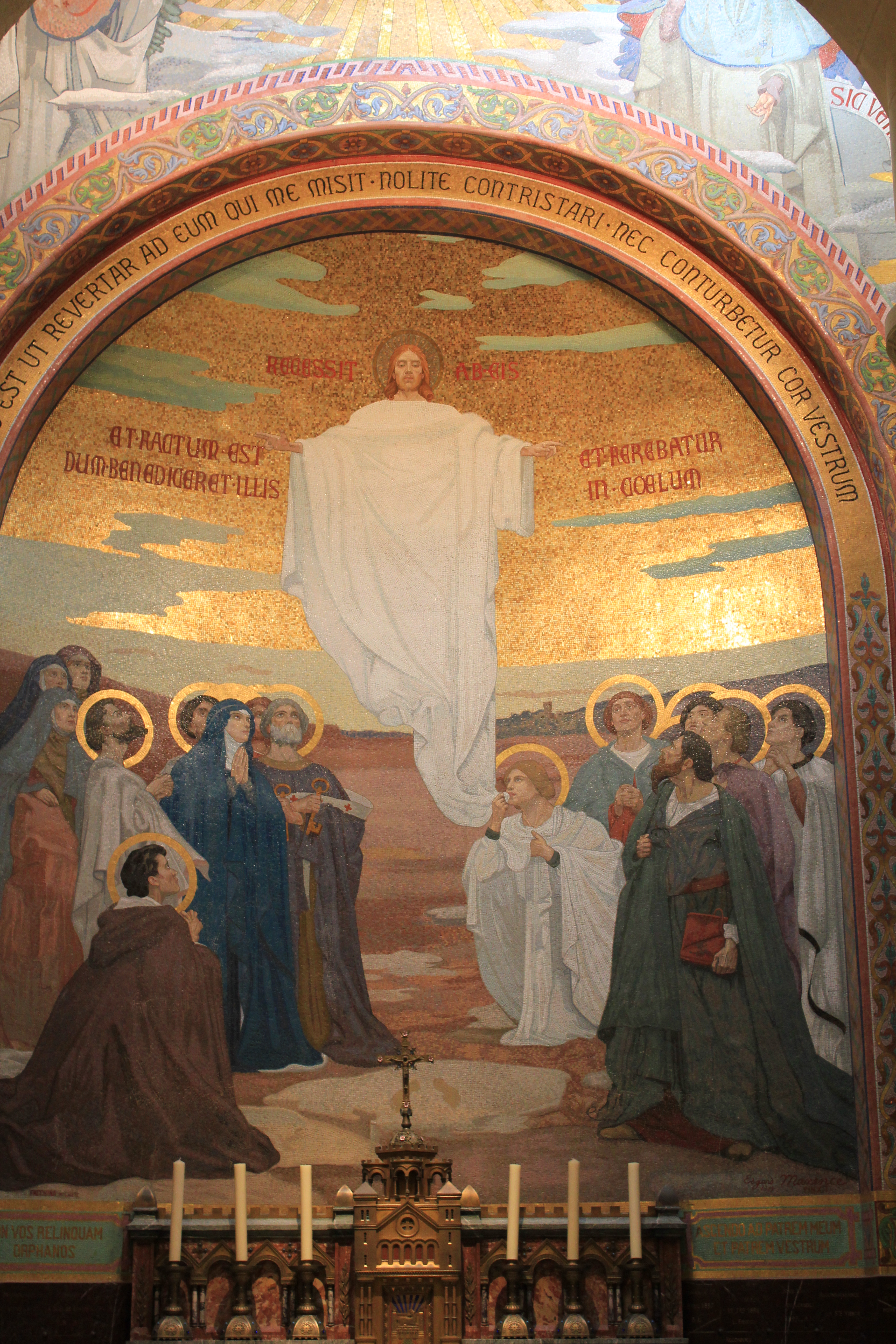
 Kate Taliaferro is an Air Force wife and mother. She is blessed to be able to homeschool, bake bread and fold endless piles of laundry. When not planning a school day, writing a blog post or cooking pasta, Kate can be found curled up with a book or working with some kind of fiber craft. Kate blogs at
Kate Taliaferro is an Air Force wife and mother. She is blessed to be able to homeschool, bake bread and fold endless piles of laundry. When not planning a school day, writing a blog post or cooking pasta, Kate can be found curled up with a book or working with some kind of fiber craft. Kate blogs at 



